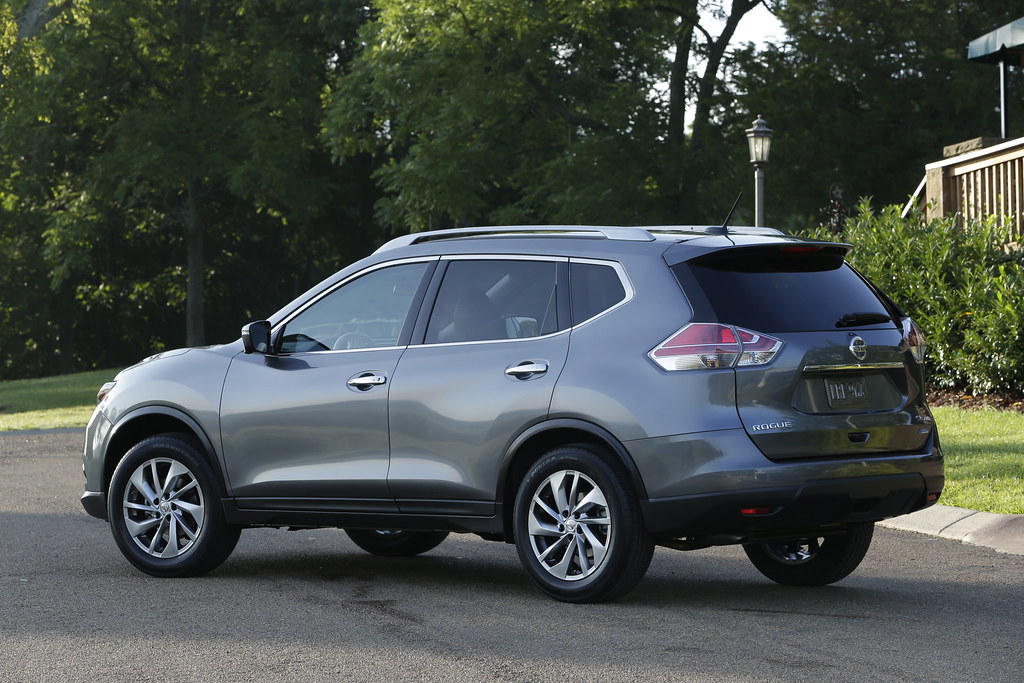Nissan will decrease Japanese production of its best-selling U.S. model, the Rogue SUV, from May to July. A person familiar with the matter shared this information. Nissan becomes the latest global automaker to change manufacturing plans due to new U.S. import tariffs.
U.S. President Donald Trump’s decision to impose a 25% levy on cars built overseas has disrupted the global automotive supply chain. Nissan is more exposed than some rivals. The United States is its top market. Over a quarter of their vehicle sales last year were in the U.S., and many of those vehicles came from Japan or Mexico.
Nissan intends to reduce Rogue output by 13,000 vehicles at its Kyushu plant in Japan. This will happen during the three-month period. The person said they declined to be identified because the information is not public. The planned cut represents more than a fifth of the 62,000 Rogues sold in the United States in the first three months of this year.
Workers at the Kyushu plant will work fewer hours from May through July. Production will halt on some days, according to the person. The plant will continue to operate on two shifts a day. The person added that the automaker will reassess the production situation later based on the outlook for tariffs.
On Monday, Trump stated he was considering modifying the auto levy because automakers “need a little bit of time”.
Nissan stated they were reviewing its production and supply chain operations. They are doing this to identify optimal solutions for efficiency and sustainability. Nissan said they are committed to adapting to market changes while prioritizing workforce and production capabilities.
Nissan stated, “Our approach will be thoughtful and deliberate as we navigate both immediate and long-term effects.”
The Rogue was Nissan’s best-selling model in the U.S. last year, with almost 246,000 vehicles. This accounted for more than a quarter of the carmaker’s total U.S. vehicle sales. Nissan also produces Rogue models in Smyrna, Tennessee.
This move follows Nissan’s recent backtrack on a plan to cut output at Smyrna. Nissan said it would maintain two shifts for the Rogue. The plan had been to cut to one shift in April. Trump suggested he might grant exemptions on auto-related levies already in place.
Other automakers are also scrambling to navigate the tariffs. Trump has said these tariffs will boost U.S. manufacturing and jobs.
Chrysler parent Stellantis has said it was pausing production at one plant in Mexico and one in Canada. This impacts five connected U.S. facilities and temporarily lays off 900 U.S. workers.
Honda plans to make its next-generation Civic hybrid in Indiana, instead of Mexico. The purpose is to avoid potential tariffs.
Even before the tariffs, Nissan had been looking to slash global capacity by 20% as part of a turnaround plan.
New CEO Ivan Espinosa is under pressure to put the automaker on track for recovery. Performance has been hit in the U.S. by an aging line-up and a lack of hybrids. Nissan cut its profit outlook three times in the recently ended financial year.
Click here for more Business news.


